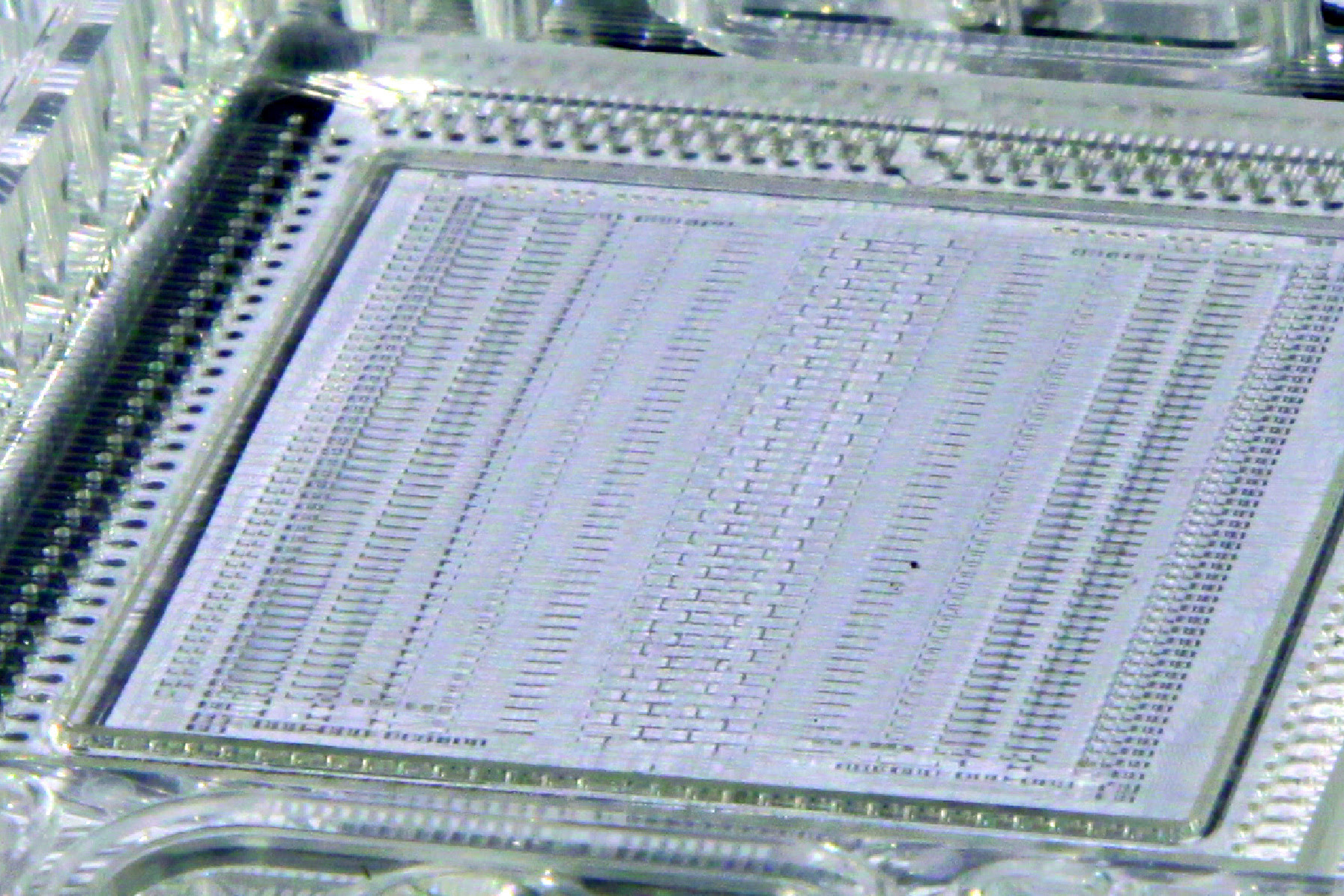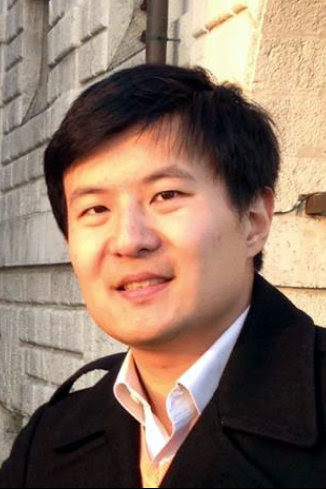March 20th, 2018: Microfluidics Systems Enable High-Throughput Metagenomics
Microfluidics Systems Enable High-Throughput Metagenomics
Dr. Brian Yu, Chan Zuckerberg Biohub
Register: Here

Noon-1PM: Seminar
Cost: $6; discount for IEEE Members, Students & Unemployed
2900 Semiconductor Dr., Santa Clara, CA 95052
See the TI Building location map and directions
Bacteria are ubiquitous and play essential roles from environmental nutrient cycling to human health. Despite their importance, most bacterial diversity remains unknown. One popular method to explore unculturable microbes is through metagenomics, where microbial genomic DNA is directly sequenced and analyzed. Microfluidic technologies, when integrated into metagenomics sample preparation pipelines, facilitate throughput and provide single-cell resolution. In this talk, I will describe novel microfluidic-base experimental approaches to investigate diversity of unculturable microbial communities from the environment. Using this approach on a wide range of microbial communities from extreme environments, multiple known and novel bacterial phylogenies were extracted. I will also discuss prospects of continued integration of microfluidic systems and associated technical challenges. One of the biggest barriers for wide adoption of microfluidic systems is ease of use, requiring innovations in both on-chip and off-chip control schemes. As technical changes are addressed, the integration of microfluidic devices in more biological experiments will ultimately benefit the scientific community.
Read More:
Microfluidic-based mini-metagenomics enables discovery of novel microbial lineages from complex environmental samples
Testing of Flow-Based Microfluidic Biochips: Fault Modeling, Test Generation, and Experimental Demonstration
Microfluidic serial digital to analog pressure converter for arbitrary pressure generation and contamination-free flow control

Dr. Brian Yu is a Scientist at Chan Zuckerberg Biohub, where he works with faculties from Stanford, Berkeley, and UCSF to establish a microbiome initiative focused on understanding how microbial communities affect human health. Prior to joining CZ Biohub, Brian obtained his B.S. in electrical engineering from Caltech and received his Ph.D. training at Stanford University under the joint supervision of Dr. Mark Horowitz and Dr. Stephen Quake. During his Ph.D., Brian developed microfluidic-based methods to study genotype and phenotype of bacteria with single-cell resolution. Scientifically, Brian Yu is interested in developing and optimizing system level methodologies to explore and to understand how microbial communities form, survive, evolve, and remain robust in changing environments.
